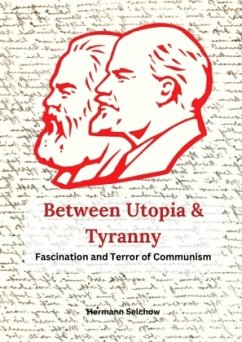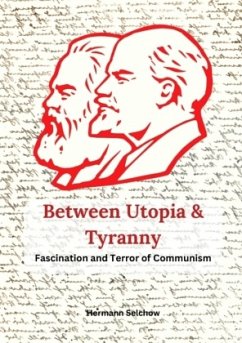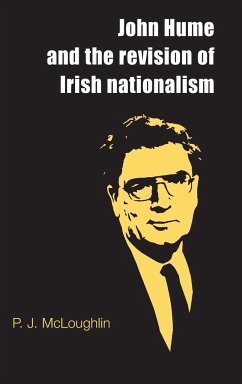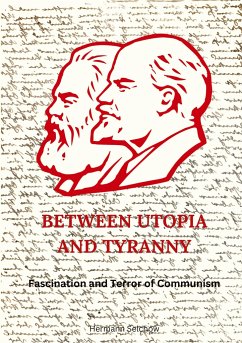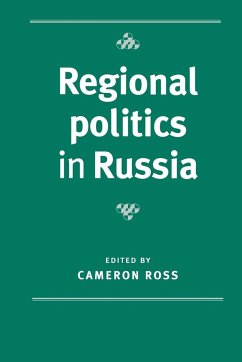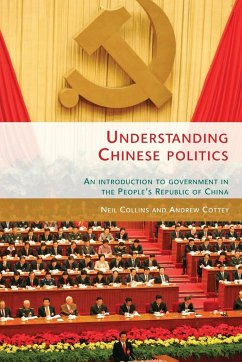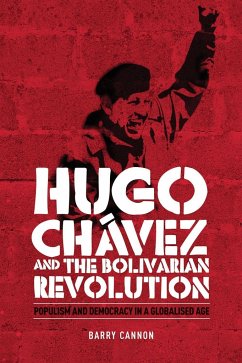
Revolution in China and Russia
Reorganizing empires into nation states

PAYBACK Punkte
57 °P sammeln!
The twentieth century saw the decline of traditional empires, yet some endured by adapting. This book compares how Russia and China navigated these transformations, each harnessing nationalism through communist revolution. While Bolsheviks restructured the Tsarist empire into a union of distinct nation-states, Chinese revolutionaries reintegrated Qing territories into a unified state with autonomous regions. Despite this divergence, both revolutions were shaped by their leaders' strategic choices. Compared to the USSR's founding Bolsheviks, the Chinese communists were more ethnically homogeneo...
The twentieth century saw the decline of traditional empires, yet some endured by adapting. This book compares how Russia and China navigated these transformations, each harnessing nationalism through communist revolution. While Bolsheviks restructured the Tsarist empire into a union of distinct nation-states, Chinese revolutionaries reintegrated Qing territories into a unified state with autonomous regions. Despite this divergence, both revolutions were shaped by their leaders' strategic choices. Compared to the USSR's founding Bolsheviks, the Chinese communists were more ethnically homogeneous but less internationalist, seeking a self-contained polity rather than an expanding union. Unlike the Bolsheviks, who dissolved Russia into the Soviet framework, the Chinese communists preserved China while embedding revolutionary ideals. Their prolonged struggle taught them to reconcile tradition with ideology and shaped their cautious approach to borderlands. Lacking the strength to dominate frontier regions, they rejected the Bolshevik strategy of weaponizing national self-determination. This book explores the key features of China's communist revolution and their role in the country's transition to a nation-state: geographical isolation from external interference, bottom-up mobilization over a protracted struggle, and the enduring challenge of being the weaker side in conflict. It will be invaluable to scholars of revolution, empire, comparative historical sociology, and communist leadership in Russia and China.




